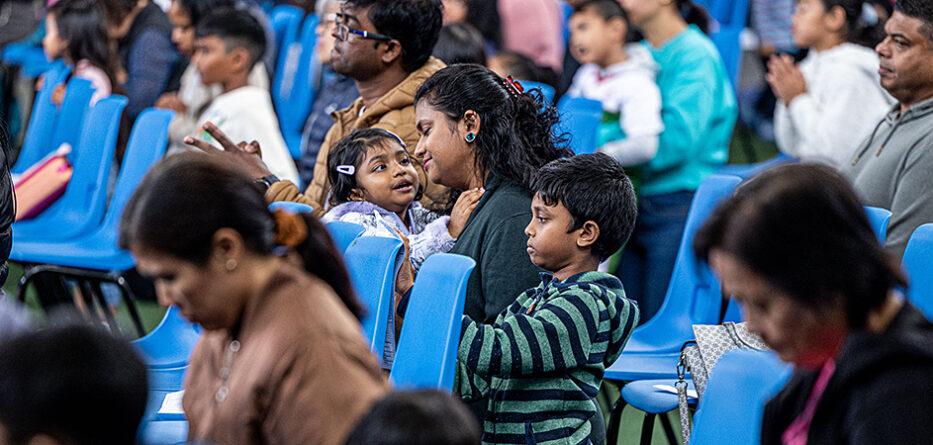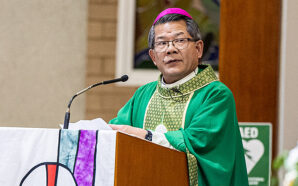“I did all the things,” said Carli, mom of four grown children who have stopped practicing the Catholic faith. “We went to Mass as a family. We sacrificed to send them to Catholic school. They went to youth group. We did everything we thought we were supposed to do. What happened?”
It’s one of the most common questions we get from callers to our radio program and clients in our pastoral counseling practice. And despite its frequency, it never gets any less heartbreaking to hear.
The Catholic Church is facing a spiritual epidemic. A recent study found that only 15% of children raised in Catholic homes will grow up to be faithful Catholic adults. The conventional wisdom about raising Catholic kids doesn’t work, but until recently, no one knew what to do instead. As a result, we’ve clung to giving the same old advice to parents (go to Mass, send them to Catholic school and youth ministry, and hope for the best). Then, when it fails 85% of the time, we chalk it up to our kids’ “free will.” Of course, that’s true as far as it goes. We can’t force our children to be faithful adults. But it’s cold comfort, and parents need better answers.
While families who successfully raised all of their children to a faithful adulthood did have regular family prayer times (usually some kind of morning, mealtime, and/or bedtime prayers), that doesn’t appear to be the main factor responsible for their success. What mattered most was a family dynamic in which the family (especially the children) experienced their faith as the source of the warmth in their homes. Children raised in these households experienced their family’s faith as something that drew them together in good times and bad.
In general, families who successfully raised all of their children to a faithful adulthood were intentional about scheduling regular family time and not letting extracurricular activities squeeze out time for things like family meals, a family day or other important family rituals throughout the week. These families allowed their children to participate in activities in ways that supported their family life rather than competing with it.
To continue reading this article, click here.
Dr. Greg Popcak is an author and the director of www.CatholicCounselors.com.
With thanks to America and Dr Greg Popcak, where this article originally appeared.








